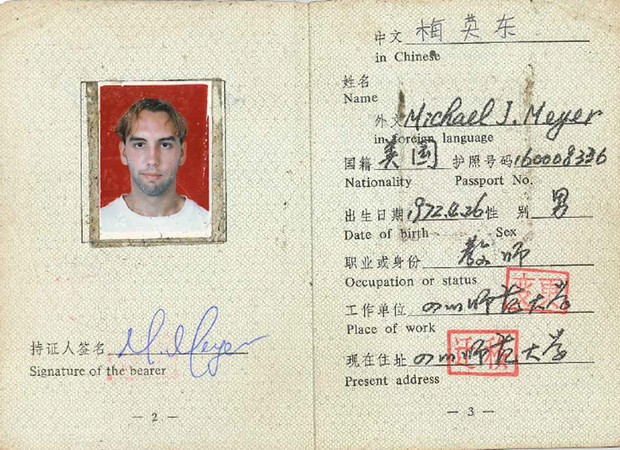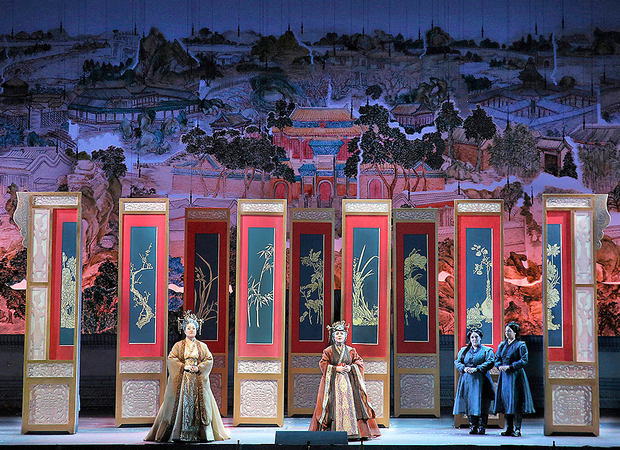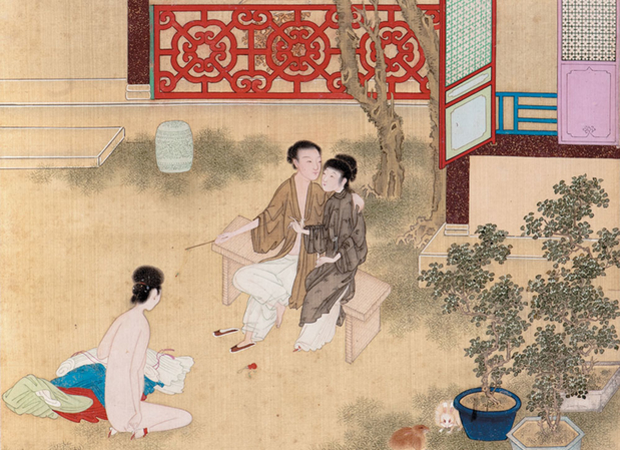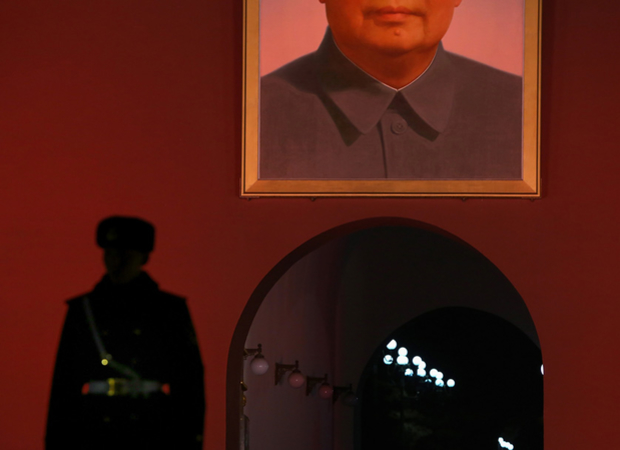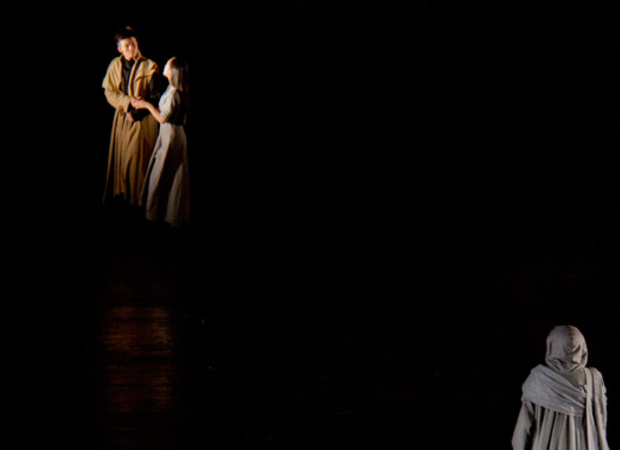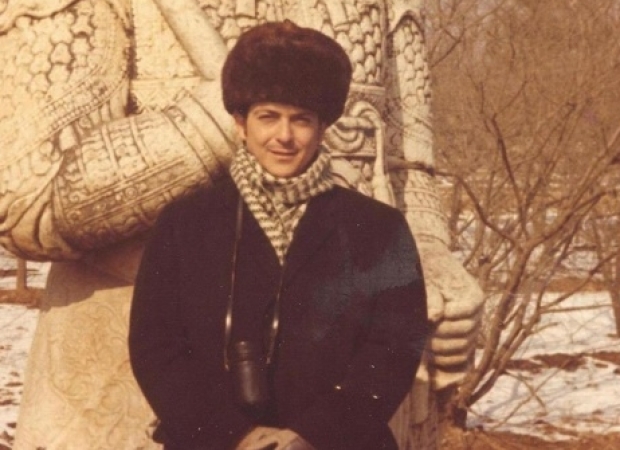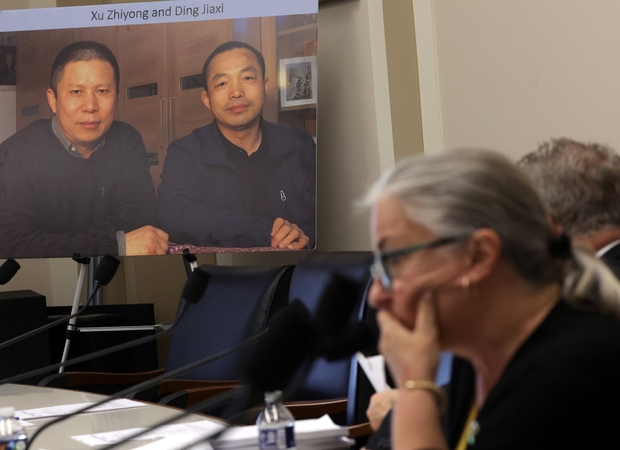
‘They Are Men Who Acted out of Conscience’
from Bu Mingbai PodcastLast month, a Chinese court sentenced the civil rights activists and lawyers Xu Zhiyong and Ding Jiaxi to fourteen and twelve years in prison for “subverting state power,” a charge arising from an informal gathering of fellow activists the two...
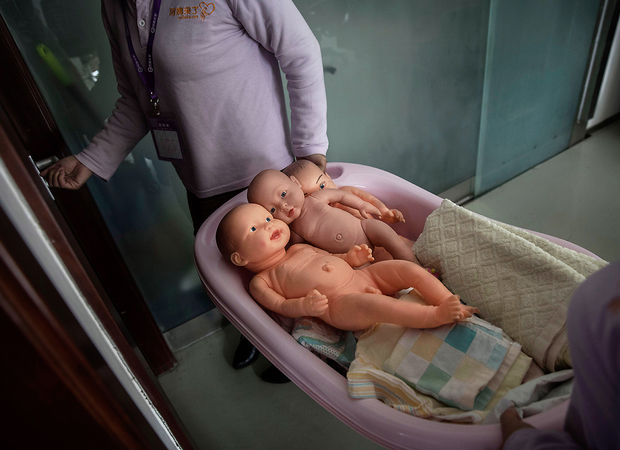
Why I’m Giving Away My Book in China
After a decade covering Asia for The Wall Street Journal, I devoted three years of my life to researching and writing a book about China’s one-child policy, One Child: The Story of China’s Most Radical Experiment. This month, I’m giving away the...
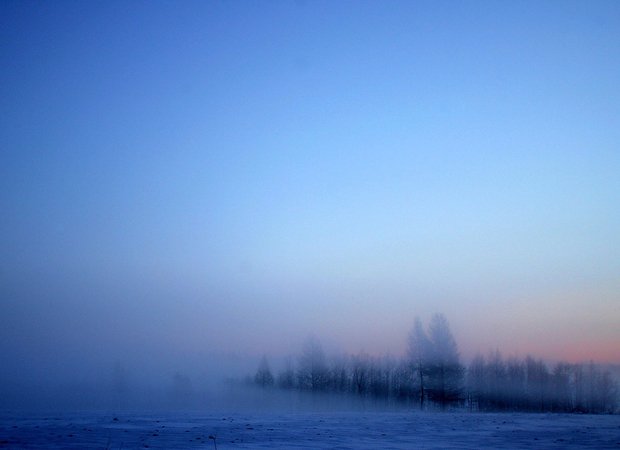
A Magician of Chinese Poetry
from New York Review of BooksSome people, and I am one, feel that Tang (618–907 CE) poetry is the finest literary art they have ever read. But does one need to learn Chinese in order to have such a view, or can classical Chinese poetry be adequately...
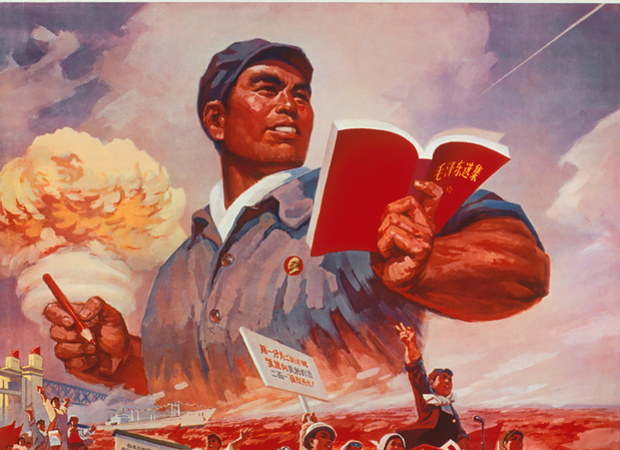
If Mao Had Been a Hermit
from New York Review of BooksAt the annual meeting of BookExpo America that was held in New York last May, to which most leading U.S. publishers sent representatives, state-sponsored Chinese publishers were named “guests of honor.” Commercially speaking, this...

What Is the I Ching?
from New York Review of BooksThe I Ching has served for thousands of years as a philosophical taxonomy of the universe, a guide to an ethical life, a manual for rulers, and an oracle of one’s personal future and the future of the state. It was an...

Why I Publish in China
A couple of weeks ago, I received a request from a New York Times reporter to talk about publishing in China. The topic has been in the news lately, with the BookExpo in New York...
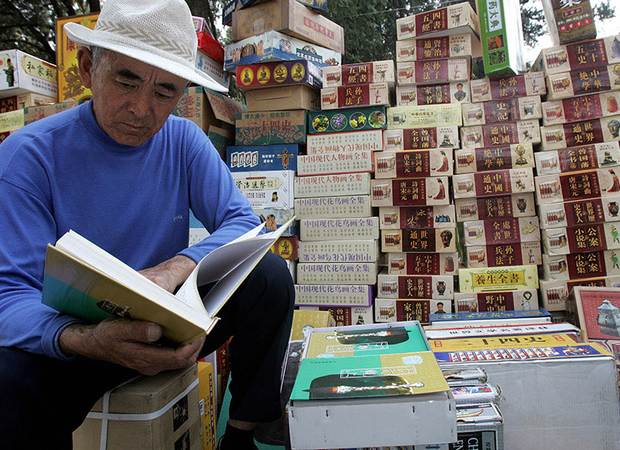
Chinese Censorship of Western Books Is Now Normal. Where’s the Outrage?
In September 2014, I was commissioned by the New York-based free speech advocacy group PEN American Center to investigate how Western authors were navigating the multibillion-dollar Chinese publishing world and its massive, but opaque, censorship...
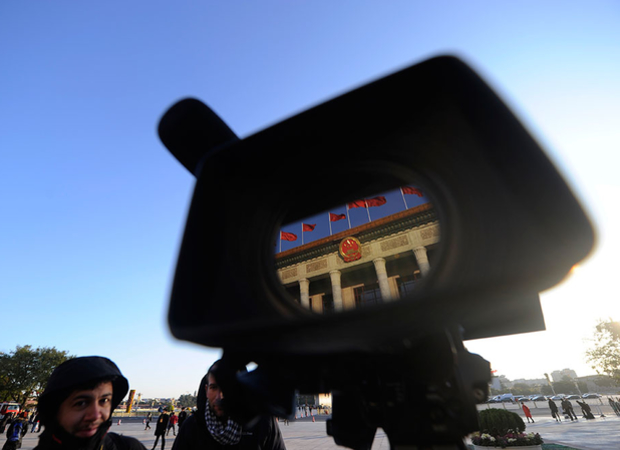
Writers: Heroes in China?
from Sinica PodcastIf you happen to live in the anglophone world and aren’t closely tied to China by blood or professional ties, chances are that what you believe to be true about this country is heavily influenced by the opinions of perhaps one hundred other...

Censorship and Publishing in China
This week, a new PEN American Center report “Censorship and Conscience: Foreign Authors and the Challenge of Chinese Censorship,” by Alexa...

An American Hero in China
from New York Review of BooksOne night in September, three hundred people crowded into the basement auditorium of an office tower in Beijing to hear a discussion between two of China’s most popular writers. One was Liu Yu, a thirty-eight-year-old political...
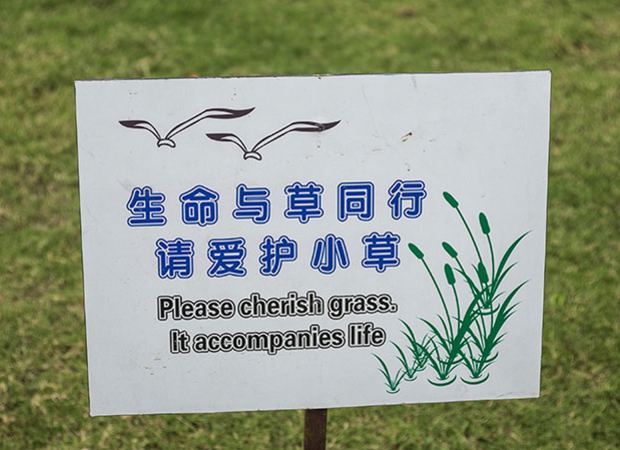
From the Interpreter’s Booth
from Sinica PodcastThis week on Sinica, Kaiser and Jeremy are joined by Lynette Shi and William White, two globe-trotting adventurers who've found unconventional careers navigating the shoals of the professional interpretation circuit in China. So whether you’re...
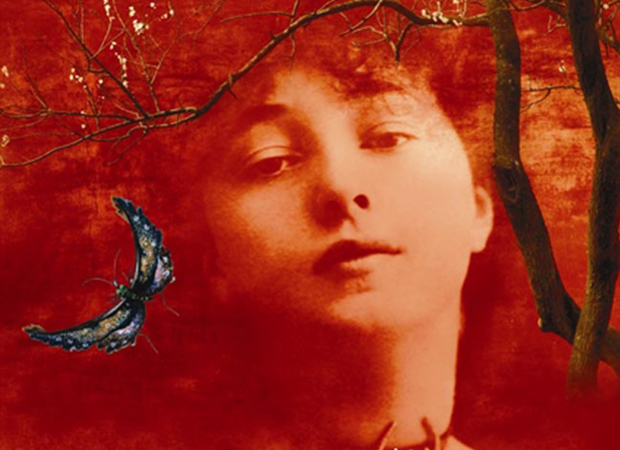
Chinese Literature in Translation
from Sinica PodcastThis week, Sinica is delighted to be joined by Linda Jaivin and Alice Liu for a discussion on Chinese literature in translation. As many listeners will know, Linda is a long-standing force in the Chinese literary community and the author of many...
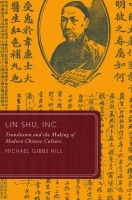
Lin Shu, Inc.
How could a writer who knew no foreign languages call himself a translator? How, too, did he become a major commercial success, churning out nearly 200 translations over twenty years? Lin Shu, Inc. crosses the fields of literary studies, intellectual history, and print culture, offering new ways to understand the stakes of translation in China and beyond. With rich detail and lively prose, Michael Gibbs Hill shows how Lin Shu (1852-1924) rose from obscurity to become China’s leading translator of Western fiction at the beginning of the twentieth century.
Translation of “Finnegan’s Wake” Sells in China
The Chinese version is no easier to read than the original, the loyal-minded translator assures, but James Joyce‘s “Finnegans Wake” has still sold out its initial run in...

Chinese Literature
from Sinica PodcastOur podcast this week is all about books and money in modern China. If you, like us, are tired of Lu Xun and Lao She, listen to Sinica this week as we look into the state of contemporary Chinese literature, asking what writers are hot, what...
What Confucius Said
from New York Review of Books1.
The first Western-language version of Confucius’ sayings—later known as the Analects—was published in Paris in 1687, in Latin, under the title Confucius Sinarum Philosophus, with a brief dedication to King Louis XIV, thanking...
Remembrance of Ming’s Past
from New York Review of BooksTo many readers in the past, The Plum in the Golden Vase has seemed an inchoate mass of a story. Even if it was clearly “about” a wealthy urban merchant Hsi-men Ch’ing, his six consorts, and numerous other sexual companions, it was also full of...






